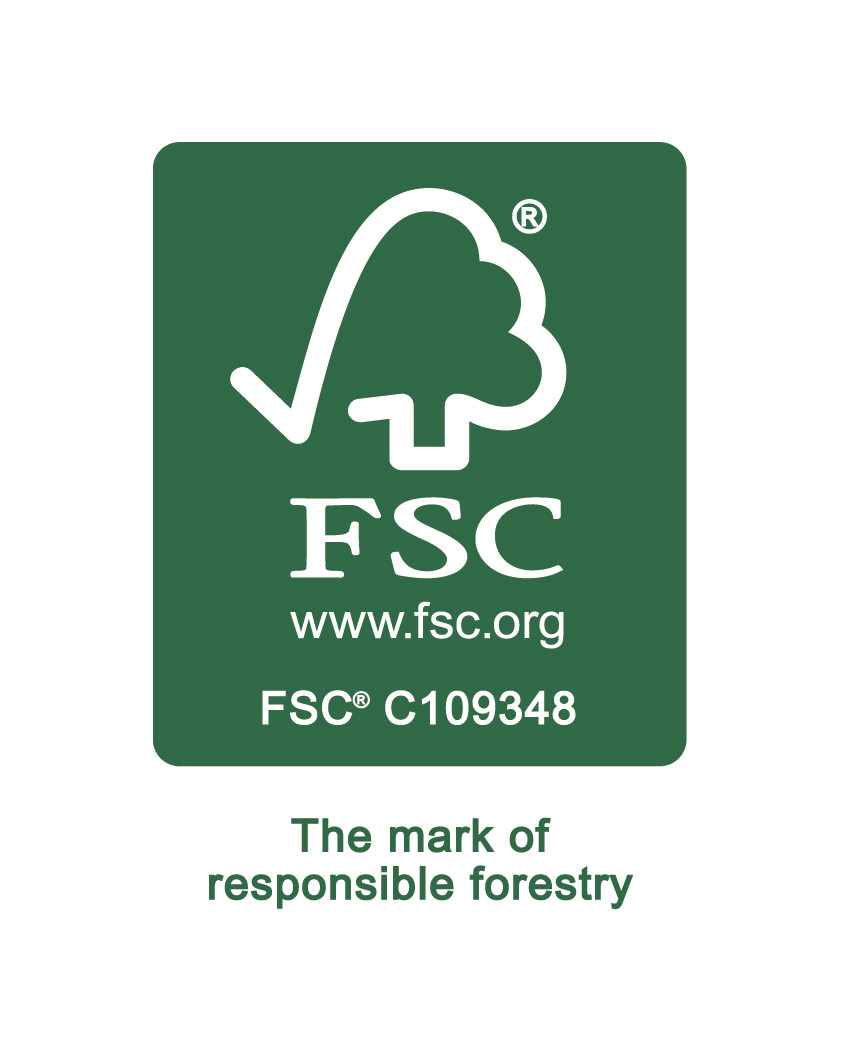
Our Paper: Sustainability, Quality and Cost
19th Mar 2020
Knowing the source and quality of raw materials is essential for sustainability. BioPak selects the most sustainable resources available to reduce the environmental impact of their products, and they choose their manufacturing partners carefully. Plastic is not the only material that can have a negative impact. Paper sourced from the wrong places can release carbon into the air and remove vital habitat for animals.

Sustainability, Quality and Cost
BioPak sources their paper from sustainable plantations - not from old growth or protected forests. BioPak always looks to balance sustainability and quality with cost – in that order. By focussing only on the lowest price, either sustainability or quality or both must be compromised. BioPak makes their paper cups from paperboard, sourced from managed plantations, not old growth or protected forests. Using the heaviest weight liquid packaging paper board ensures the final product has superior strength, lid fit, and insulation. BioPak waterproofs its cups using a thin bioplastic coating. This bioplastic, called Ingeo, is made from corn starch, a renewable, plant-based resource. The cups are produced using high speed automated production equipment in Taiwan. The BioPak facility is certified to ISO 22000 (food safety), ISO 90001 (quality standards), and ISO 14001 (environmental standards) and produces over 100 millions cups per month.
End of Life
All BioPak's products are certified compostable, and can be disposed of in commercial composting facilities. BioCups and their lids are certified compostable in commercial composting facilities, which diverts organic waste from landfill. BioCups can also be recycled, but there are very few paper recyclers in Australia or New Zealand who will accept any paper cups in their facilities. BioPak supports organics recycling and works with waste management organisations and commercial composters.
Carbon Emissions
Unlike traditional coffee cups, BioCups are certified carbon neutral. Unlike conventional plastic-lined cups, BioCups are certified carbon neutral from the get-go. All BioPak's CO2 emissions from producing, distributing, and disposing of products are independently audited, and offset through the purchase of carbon credits. Over 1.5 billion paper cups are disposed of each year in Australia and New Zealand. By converting to plant-based BioCups instead of conventional plastic-lined cups will save greenhouse gases equivalent to:
- Driving a new vehicle for 58,443,450km, and
- The carbon 281,153 tree seedlings grown for 10 years would consume.
And fossil fuel savings equivalent to:
- 41,835 barrels of oil per year, and
- Electricity used by 85,244 households for one month.
Information taken from BioPak's website. Read about easy ways to cut your business's waste, or why carbon neutral is important, on our blog.
Planet Friendly Packaging acknowledges the traditional custodians of the land on which we work. Our thoughts go out to everyone affected by COVID-19. Stay safe.

